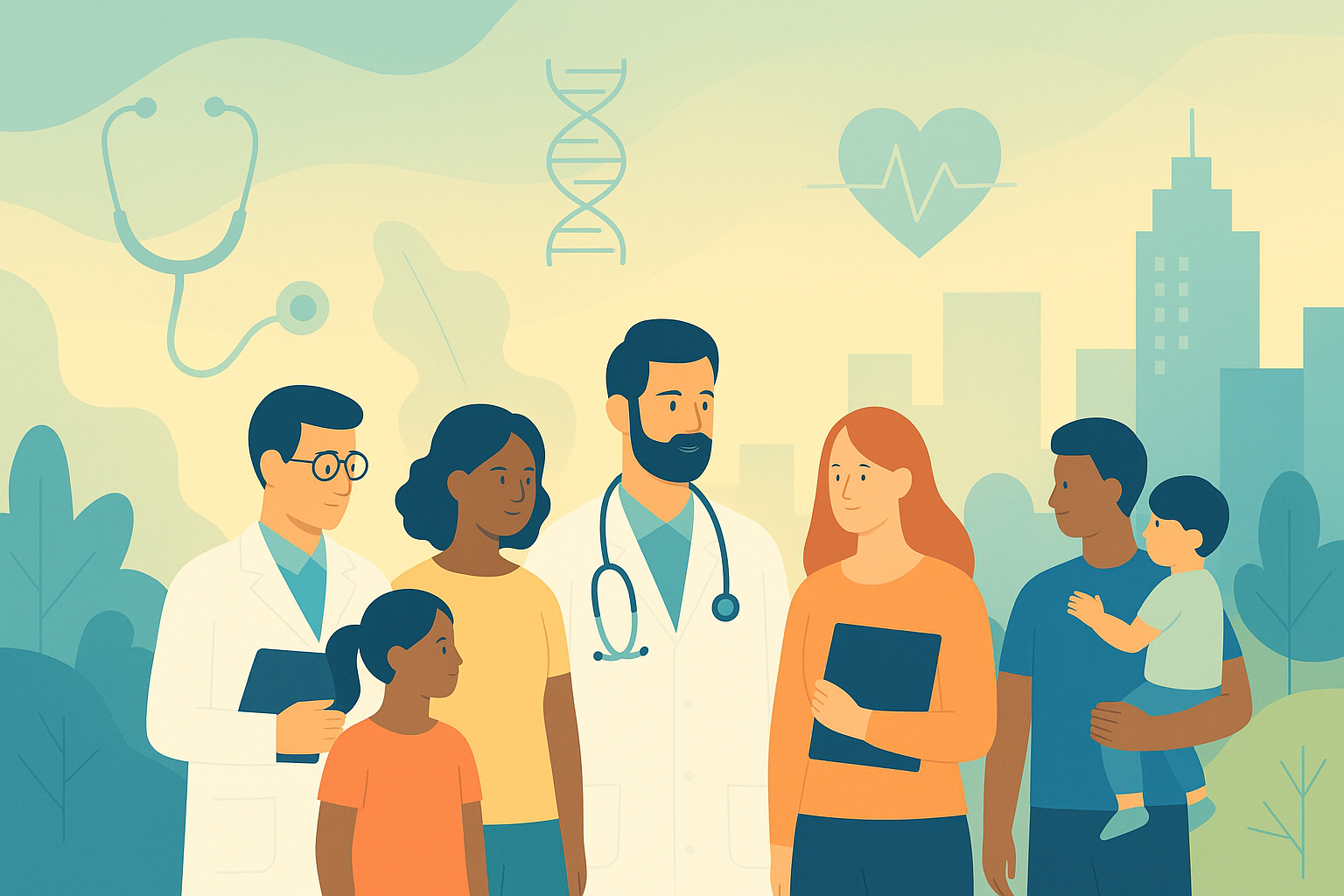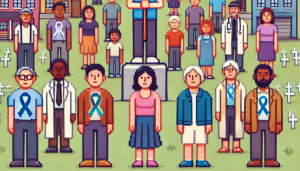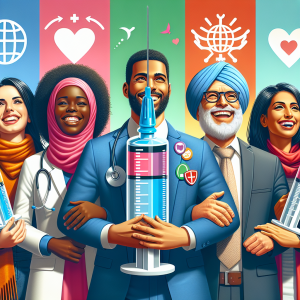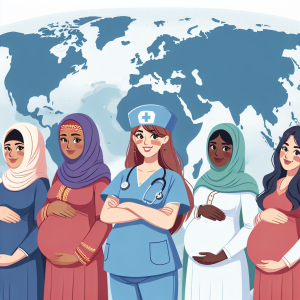
How Gaza’s Doctors Are Holding the Line Against Collapse
In the fall of 2023, ambulances in Gaza began arriving not at hospitals—but at rubble. With more than 1,000 documented attacks on health facilities and the deaths of over 500 medical personnel, the war has transformed the act of healing into an act of survival.
A new Frontiers in Public Health report by Deema Al Bakri and colleagues from the Eastern Mediterranean Public Health Network (EMPHNET) offers the most comprehensive snapshot to date of how the war has devastated Gaza’s public health system—and what can still be done to save it.
The Scale of Destruction
Gaza’s health infrastructure has been crippled. Nearly all hospitals, clinics, and primary-care centers have been damaged or destroyed. Shortages of fuel, clean water, food, and medical supplies have brought essential services to a standstill. Even before the escalation, Gaza’s system was fragile after 17 years of blockade. According to EMPHNET’s field data, the region is facing a complete system failure—a man-made public health catastrophe that demands international intervention.
A Surge in Disease and Malnutrition
With sanitation and water systems in ruins, over one million respiratory infections and tens of thousands of diarrheal cases have swept through overcrowded shelters. Children under five in northern Gaza now face malnutrition rates approaching 30%, double the rate earlier in the conflict. Immunization programs have collapsed, leaving gaps that could reignite preventable diseases such as polio. The WHO has warned that the combination of hunger and disease could lead to more deaths than the fighting itself.
“Without clean water, medicine, and fuel, every wound becomes fatal and every infection spreads unchecked.” — Dr. Mousa Aabed, Palestinian MOH
Mental Health: The Invisible Casualty
The conflict’s psychological toll may prove the longest-lasting. Nearly every Gazan child has experienced direct exposure to violence or displacement. Mental health professionals report rising rates of trauma, anxiety, and depression—while the professionals themselves suffer burnout and grief. Panelists in EMPHNET’s 2024 conference urged governments and NGOs to “help the helpers” by providing psychosocial care to health workers and scaling up community-based mental health programs that rebuild social cohesion.
Governance and Access: When Aid Can’t Get Through
Even when supplies are available, restricted border crossings and security blockades prevent distribution. Gaza’s Ministry of Health struggles to coordinate with fragmented agencies while basic governance structures falter. The EMPHNET report emphasizes that humanitarian access is a prerequisite for health recovery. Strengthening local leadership is critical, but without an end to the siege and freedom of movement for aid convoys and patients, governance reforms alone cannot succeed.
Global Solidarity: From Relief to Reconstruction
Speakers from Jordan, Palestine, and Emory University described a path forward rooted in both emergency action and long-term system design. Immediate priorities include:
- Ceasefire and humanitarian corridors to allow evacuation of critical patients.
- Restoration of primary care and vaccination programs.
- Deployment of mobile clinics and field hospitals with guaranteed fuel access.
But rebuilding Gaza’s health system will also require multi-sectoral collaboration—linking health with water, sanitation, food, and education. The authors call for donors to adopt a “One Health” approach, integrating environmental, physical, and mental health recovery under a single coordinated strategy.
What This Means in Practice
For public health agencies, NGOs, and funders worldwide, the EMPHNET findings translate into several actionable lessons:
- Invest in Local Health Leadership. Empower Gaza’s Ministry of Health and community health workers to guide recovery priorities.
- Protect Health Workers. Uphold international humanitarian law guaranteeing the safety of medical personnel and facilities.
- Rebuild Health Data Systems. Restore surveillance for infectious and non-communicable diseases to enable early outbreak detection.
- Integrate Mental Health. Embed psychosocial services in all humanitarian and clinical operations.
- Adopt Multi-Sectoral Planning. Coordinate across health, WASH, and education sectors for sustainable recovery.
These aren’t abstract recommendations—they mirror proven frameworks from past post-conflict contexts like Syria and Lebanon, adapted to Gaza’s unique constraints.
Barriers Ahead
Even with clear strategies, rebuilding faces immense obstacles:
- Ongoing military actions and security restrictions that prevent aid flow.
- Financial bottlenecks as global crises compete for attention.
- Erosion of trust between communities and external organizations.
Without a political solution—a permanent ceasefire and lifting of the blockade—health interventions remain palliative, not transformative.
What’s Next
The authors envision a phased recovery: immediate humanitarian relief → medium-term reconstruction of primary-care systems → long-term resilience through education, digital health, and governance reform.
They stress that Gaza’s health professionals, though exhausted, remain its greatest asset. Protecting and training this workforce can seed future recovery once conditions allow.
A Call to the Global Health Community
The Gaza health crisis is not just a regional tragedy—it’s a test of global public health ethics.
If hospitals, doctors, and children can be systematically targeted without accountability, what does that signal about the future of humanitarian norms?
“By prioritizing equity, fostering partnerships, and sustaining investment,” the authors conclude, “the international community can lay the foundation for a healthier, more resilient Gaza.”
Questions for Reflection
- How can your organization support mental health and data-system recovery in conflict zones?
- What safeguards can international donors implement to ensure aid reaches frontline providers?



